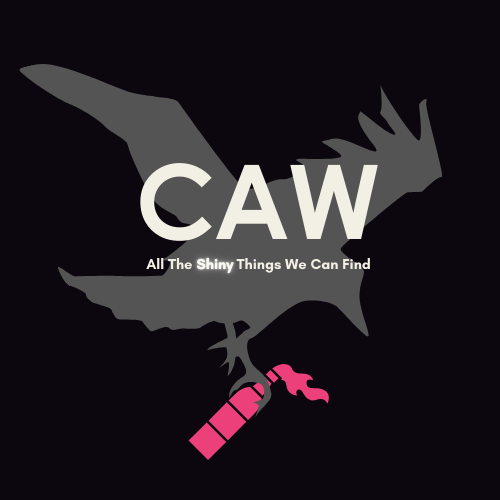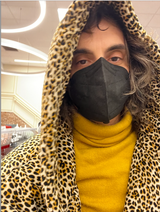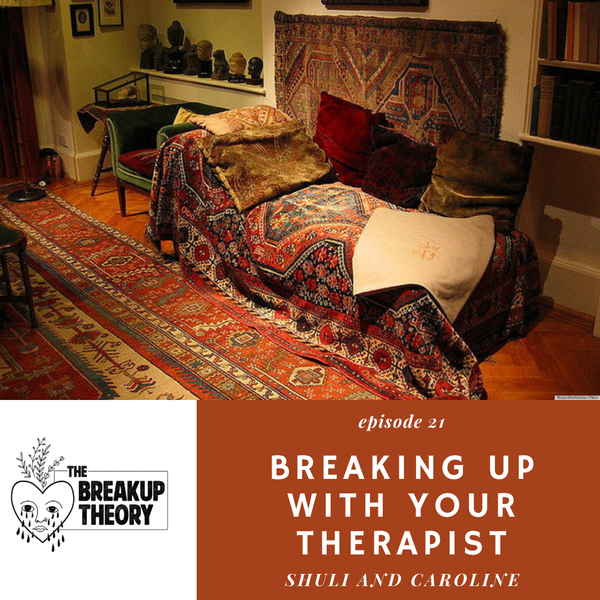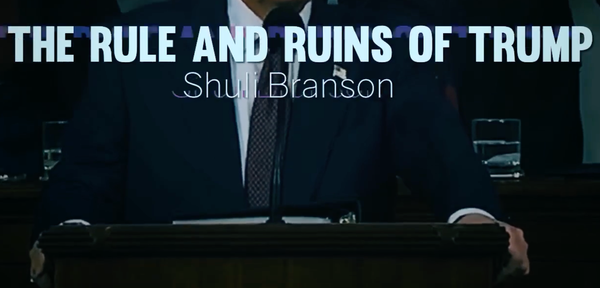Should We Care About the Universities?
The university prepared the way for this assault against its own power. It isn’t the institution that must be defended.
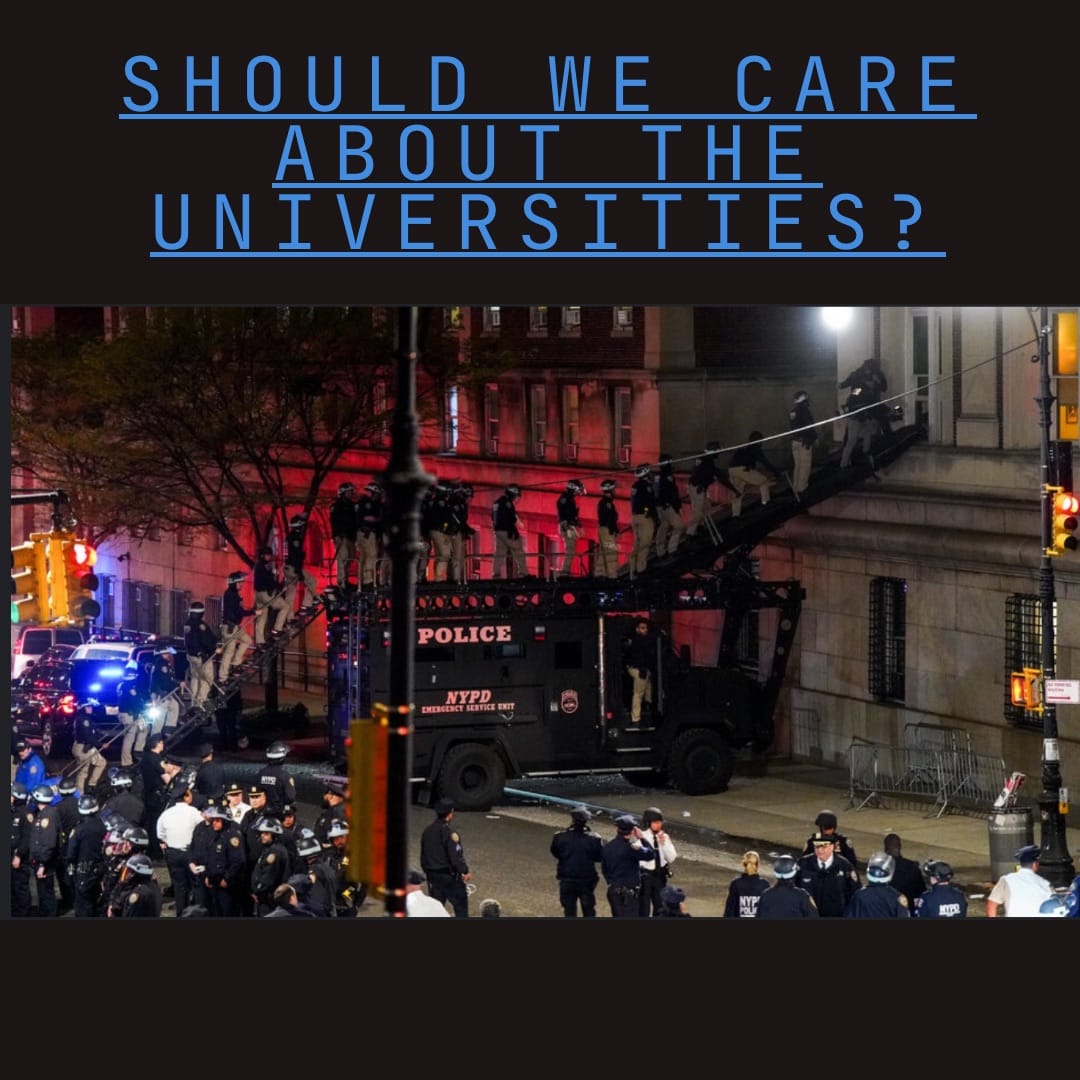
Honestly, I don’t know. Any faith I had in the supposed calling I followed into grad school and an already crumbling profession vanished long ago. Like Thomas Hardy’s Jude the Obscure, I did harbor at some point a belief that behind the university walls lay a world of collaboration with likeminded people unselfishly pursuing knowledge that would transform the world. To a certain extent, doing my PhD did cloister me from the world, creating an interruption in my commitments to anything like anarchism. I had convinced myself that the “radical” knowledge I studied gave me insight into the structures of the world, to see through the spectacle into the power relations that undergird our poor lives. But I experienced firsthand another terrible structure, that of academia itself. Contrary to my hopes, it wasn’t a place of free collaboration, but one of jealously guarded intellectual property motored by complaints about students and colleagues and a general unhappiness about the “work” everyone was interminably trying to complete. Studying literature, I felt like everyone was guarding their corner of a cloud, ignoring the fact that everything we write and think is made up. I ran headfirst against the obstacles professors impose on themselves against progressing in the profession, a form of gatekeeping built on experiences of abuse that they felt the new people coming through must go through too.
In other words, I quickly found my own misery in the academy. But at a certain point, I only thought of it as a way to make money to fund my other work. If I had a steady job with a predictable income, I could dedicate myself to other pursuits, like building mutual aid projects and resistance networks, and writing. But the job was never steady, and I was my time was overcome with finding employment teaching while also trying to produce the work that would supposedly make me hirable. All while dealing with “colleagues” that, for the most part, displayed contempt for students, professors beneath them (and even themselves, to be honest). I don’t want, however, to fail to mention the seriously committed people who have found their place within these institutions and have used their positions to spread around resources outside to those who actively want to destroy the world. Any employment I have had over the last ten years has relied on the good will and recognition of those people.
So back to the question of the title. I had already stopped caring about the university except as a way to get paid and to convey some of the radical history and theory I carry to students, who have increasingly had firsthand experience of street rebellion. I had lost any mystified notion of a vocation, or the fact that even simply sharing knowledge had any predictable radical effect on my students. We cannot convert people into anarchists and militants, we can only expose people to the ideas.
“On the Poverty of Student Life” was printed and distributed almost sixty years ago, and conditions haven’t really changed. The university serves to produce managers and workers who oversee the system, including the grad students it trains into professors. The university has occasionally been the site of radical organizing, but anything truly militant leaves the campus or else gets absorbed into a department (queer studies, gender studies, Black studies, etc.) Active solidarity between students and workers has barely existed in the US, and has been sporadic at best in other parts of the world. But we still live in the shadow and worship of May ’68 in France, believing that the university can be a site of open rebellion, shutting down a state amongst the barricades.
Last year, the encampments in solidarity with Gaza seemed like a reawakening of student activism, not necessarily because of a revolutionary procedure (or even aim), but more due to the disproportionate amount of repression that these occupations called down from the administration and the police. Anti-Israel sentiment struck a nerve that runs deep into the US and its management of geopolitics and military economy. The conflict exacerbated by this sudden generalization of support for Palestine had been building for years, with a whole apparatus of Israeli propaganda lobbying the US while more and more people saw that Israel was committing atrocities on the scale of the Nazi genocide against a new racialized, vilified group.
But even the encampments took place in a different political context than we live in currently, in the opening months of the second Trump administration. Sure, the students faced violence and repercussions and got some media attention, but I don’t think anyone believed they would create a crisis in the whole structure of higher education. Most of these groups were focused on universities divesting from Israel and making public statements in support of Palestine, not transforming their structure or breaking down the walls that guard knowledge. But Trump’s campaign used this latest campus conflagration to further enflame the culture wars, and despite everyone’s disbelief that Trump would get elected and proceed to destroy the US state bureaucracy, economy, and political structure, he is striking out in every direction with a vengeance.
The campus was a disputed terrain before the encampments. During and after the first Trump campaign, it was the location of fierce antifascist struggle. What seemed like a contained conflict actually did contribute to the diminishment of a bold fascist street presence. In response, during the early COVID days, the reactionary right extended its attack on education beyond the campus culture wars towards parental rights to kill any lessons on trans and queer life, or the history of slavery and colonialism that forms the US settler state. The focus on primary and secondary schools during that period mustered even more support against the woke ideology peddled by academics and the university’s superficial commitments to diversity in hiring and student acceptance.
But here’s the point I want to get to, after laying all this groundwork. The university prepared the way for this assault against its own power. In upholding the claim that Palestinian solidarity was antisemitism and unleashing repression and punishment on its own students, it dissolved its own foundation as a necessary part of US society and culture. Even during Biden’s administration, the university presidents went out of their way to try to placate congress and all the money behind them. But this approach failed—and opened the door for the continual attack that Trump has included in his flurry of executive orders. These university presidents had the hubris to imagine that they provided indispensable services to the state and culture. But there was no placating the state. All the ground they ceded in these attempts has been gobbled up by more repressive forces.
The anti-migrant violence that is Trump’s bread and butter has converged with the charge of antisemitism to begin disappearing students and generalizing an atmosphere of fear within the university, previously a sheltered place of learning. In this way, Trump’s administration has actually destroyed the boundary between the university and society at large in a counterrevolutionary way. But there is still liberal pearl-clutching that is shocked at the attacks on campus, that anything students have done could be taken so seriously. And instead of the far off militant hope that an education could reproduce more militants who leave the university to disrupt society, we see this tearing down of the separation of gown and town as a maximizing of the university as another carceral institution.
Okay, so should we defend the universities? I hope my long trip through these institutions has demonstrated that it isn’t the institution itself that must be defended. Instead, we must defend the students targeted, as we must defend migrants singled out for detention and deportation and other violence. I still operate day to day within the university as a paid employee, but I see it more and more as a shell, not a shelter. My tenuous employment seems even more precarious, especially given the fact that I literally teach woke ideology. The university would never have saved us, The liberal democratic ideal of education isn’t an image of freedom, but instead an image of conformity. Whatever radical ideas have circulated within the university have already been contained against any threat they might pose to the functioning of the state and capital. Those academics who claim this radical lineage harbor delusions that they contribute at all to the movements they worship. Trump is doing his own attack now against this world produced by the postwar consensus, which raises questions the current “stage of capitalism” and its future—a terrible revolution.
If anything, students are now having the safety they chase in degrees while taking on inordinate debt more clearly stripped from them—but I’ve been telling students that this is the outcome of a university education for years. We don’t need to save this institution—it’s not ours to protect. I am inspired by the students who continue to stage actions in face of the increased threat of repression. It is good to continue to make this a contested territory. But it isn’t the territory of liberation. It might still remain for those who can accrue such debt by lodging themselves in the institution to gain a reprieve from waged labor, so that they can use the time they buy to work towards the destruction of the settler state. But that work lays elsewhere, not on campus. The funds cut off from the university are simply the funds that anyone involved in the university should have been working tirelessly to redistribute outside the university’s walls.
I have longed for the abolition of the university, not simply out of petty revenge, but from an understanding of how it trains compliant workers, reproducing the settler state and its racial categorizations. But like Trump’s dismantling of the state, this abolition is not the one I desired. My thought right now is that we shouldn’t be taken in by the shell game Trump and his administration have initiated of directing our attention to the empty cup, thinking we need to uphold the liberal republic and its institutions so that we can eventually create revolution. Perhaps the most we can hope for is like other experiences of direct violence: that those who face it come to understand more clearly that this world was never meant to support their survival. The kids in the streets during the George Floyd rebellion and the students who created daily life in the encampments maybe have had the scales fall from their eyes. Maybe more will follow in their footsteps.
But just as I have tried to argue about the political response to anti-trans clampdowns, when we meet them on their terrain, it is simply a war of attrition. Can we take this assault and move our power elsewhere? Not to defend the institutions and society, but to another place of attack—or another place of mutuality. I am not satisfied personally, of course, with the coordinates that have made my life possible—employment, healthcare, etc.—falling apart with no substitution. I fear for the survival of myself and everyone I love. But we have to face what is in front of us without a persistent belief in the eternal continuation and reproduction of the present. Can we seize these moments and redirect the violent energy towards the things we hate to make room for the people we love?
